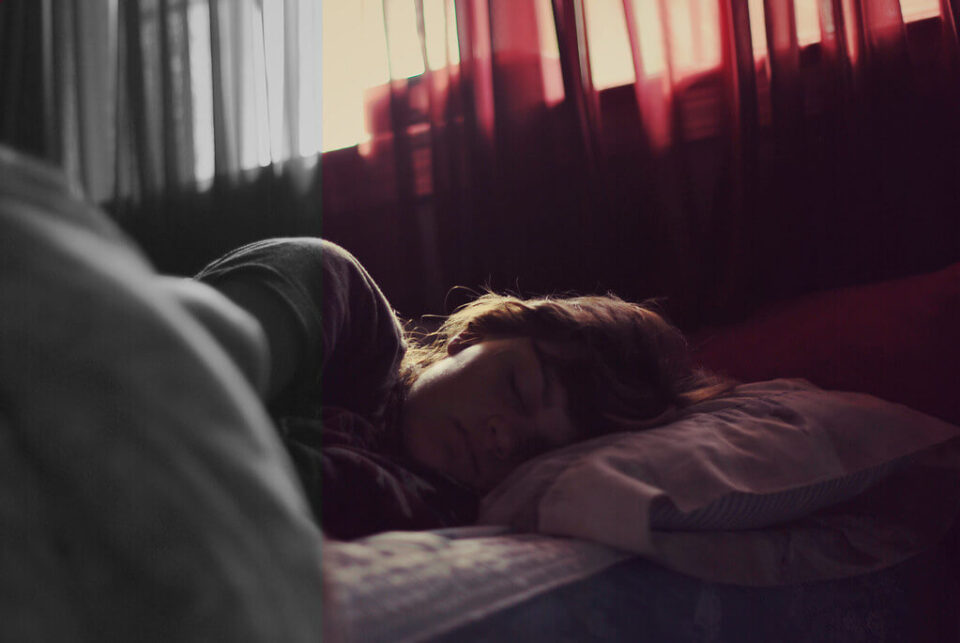Sleeping poorly is a terrible deal for both health and well-being. The ramifications of inadequate sleep extend to immune, metabolic, cardiovascular, emotional, and cognitive problems, contributing to conditions such as diabetes and obesity. It leads to increased fatigue, irritability, heightened stress levels, and a propensity for taking risks and making errors. However, the most alarming aspect of this issue is our tendency to downplay its significance. Despite affecting over 58% of the population, the lack of quality sleep is often dismissed as a minor inconvenience. But make no mistake – it’s a problem worth addressing.
Determining the Right Amount of Sleep
On average, people sleep approximately 6.8 hours on weekdays. Attempting to compensate for lost sleep on weekends sets the stage for problems. Sleep specialists unanimously recommend between seven to eight hours of sleep each night. While individual sleep needs vary, the evidence suggests that our perception of sleep quality often diverges from reality. Regardless of actual sleep quality, people tend to give similar subjective ratings. Dismissing the importance of adequate sleep may obscure underlying issues.
Additionally, around 75% of individuals wake up at least once during the night, with 3 in 10 reporting direct struggles with insomnia. In recent years, the power nap has experienced a resurgence due to its numerous benefits. A well-timed 25-minute nap can enhance cognitive functions by 16% to 34%. However, misusing naps, coupled with societal factors, can exacerbate nighttime sleep difficulties.
Sleep Recommendations by Age Group
- Newborns (0-3 months): Between 14 and 17 hours
- Babies (4-12 months): Between 12 and 16 hours (including naps)
- Toddlers (1-2 years): Between 11 and 14 hours (including naps)
- Children (3-5 years): Between 10 and 13 hours (including naps)
- Children (6-12 years): Between 9 and 12 hours
- Adolescents (13-18 years): Between 8 and 10 hours
- Adults (18-60 years): At least 7 hours
- Older Adults (61 and above): Between 7 and 8 hours
The Best Time to Hit the Hay
A comprehensive study conducted in 2021 by the European Society of Cardiology, using data from the UK Biobank, shed light on the impact of bedtime on health. Analyzing records of 88,926 adults aged between 37 and 73, the researchers found that going to bed between 22:00 and 23:00 is associated with a lower risk of developing heart disease and related issues. Going to bed between 23:00 and midnight carries a 12% higher risk, rising to 25% for those sleeping after midnight and settling at 24% for those going to bed before 22:00.
Although the study reflects a specific cultural context, such as the British tradition of early and hearty dinners, it prompts reflection on sleep patterns in different cultures. Further research is required, but it serves as a compelling indicator for reconsidering our sleep habits.
Improving Sleep Quality
Ultimately, the goal is to maximize the hours of deep sleep each night, and achieving this requires maintaining good sleep hygiene. Identifying habits that impact sleep negatively and distancing oneself from them while embracing positive habits is crucial. Recognizing that tobacco and alcohol have a detrimental impact on sleep, along with devices emitting light (like smartphones or tablets), is key. Avoiding stressful situations, bright lights, or loud noises, finishing exercise a couple of hours before bedtime, and controlling room temperature are practical steps toward enhancing sleep.
Conclusion
In conclusion, the pursuit of quality sleep is not merely a luxury but a cornerstone of overall health and well-being. Understanding the significance of sleep duration, patterns, and bedtime rituals is essential for navigating the complexities of modern life. By acknowledging the importance of sleep and actively incorporating healthy sleep practices into our lives, we can unlock the potential for a more energized, focused, and fulfilling existence. So, let’s embrace the mysteries of the night and pave the way for a healthier, more well-rested tomorrow.
